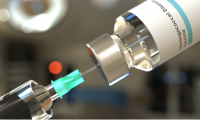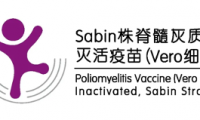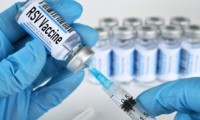-
NHS platform announced to accelerate personalised cancer vaccine clinical trials
- Source: drugdu
- 72
- June 4, 2024
-
New ‘plug and play’ system to offer novel way of delivering vaccines and treatments
- Source: drugdu
- 128
- May 24, 2024
-
Sanofi signs $1.2bn licensing agreement for Novavax’s Covid-19 vaccine
- Source: drugdu
- 71
- May 14, 2024
-
Repertoire and Bristol Myers Squibb link on autoimmune disease vaccines
- Source: https://www.pharmaceutical-technology.com/news/repertoire-bristol-vaccines/?cf-view
- 72
- May 2, 2024
-
CureVac and MD Anderson Cancer Center partner to develop new cancer vaccines
- Source: drugdu
- 114
- April 24, 2024
-
GSK’s Five-in-One Meningococcal Vaccine Under Review by the FDA
- Source: drugdu
- 145
- April 20, 2024
-
Sinovac Biotech Ltd.’s 5-dose Sabin Strain Inactivated Polio Vaccine Approved for Global Polio Eradication Efforts
- Source: drugdu
- 130
- April 15, 2024
-
Pfizer Asks FDA to Approve RSV Vaccine for Adults as Young as 18 Years Old
- Source: drugdu
- 142
- April 15, 2024
-
Pfizer meets Phase III primary endpoints for RSV vaccine Abrysvo
- Source: drugdu
- 105
- April 11, 2024
-
US researchers reveal positive results of personalised vaccine for liver cancer
- Source: drugdu
- 114
- April 11, 2024
your submission has already been received.
OK
Subscribe
Please enter a valid Email address!
Submit
The most relevant industry news & insight will be sent to you every two weeks.













